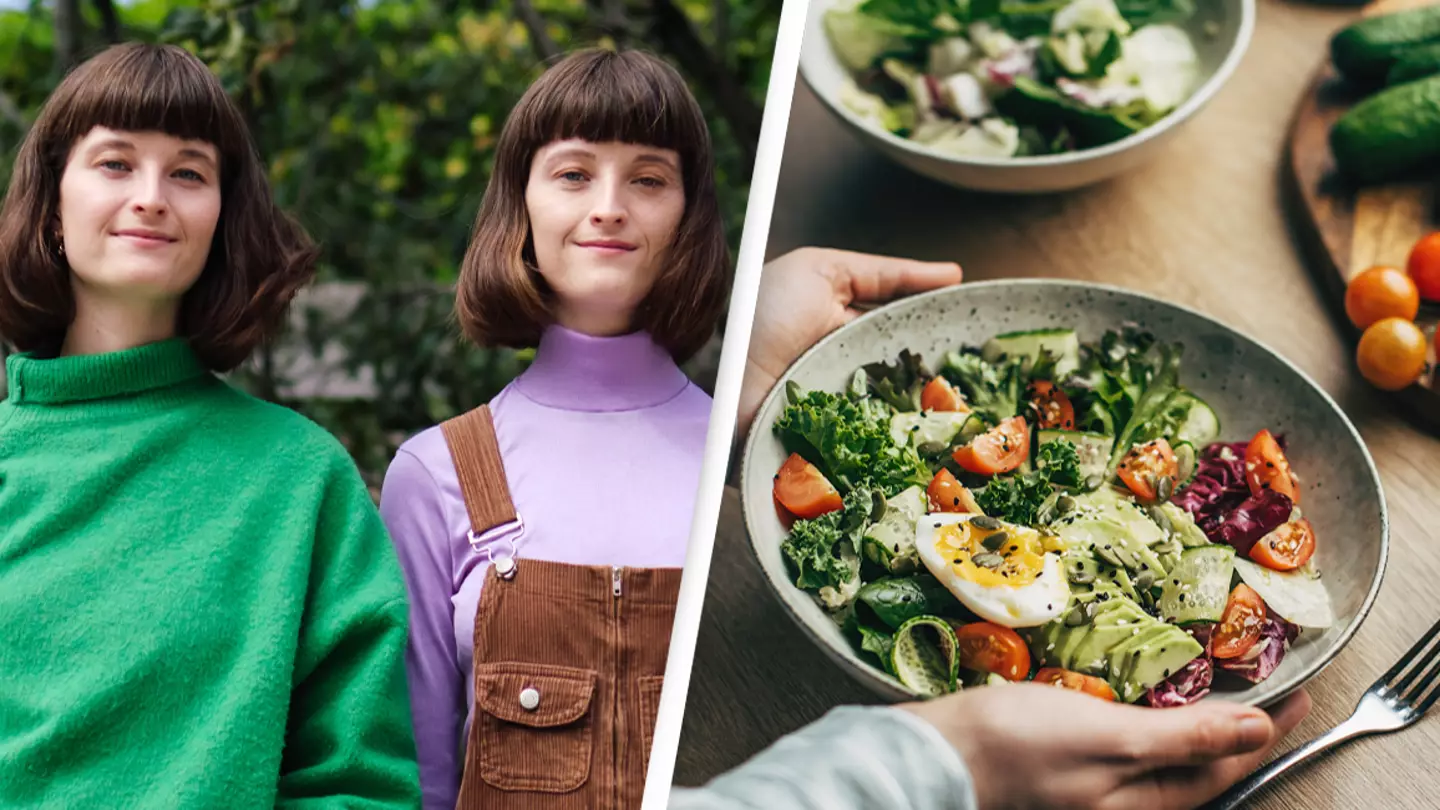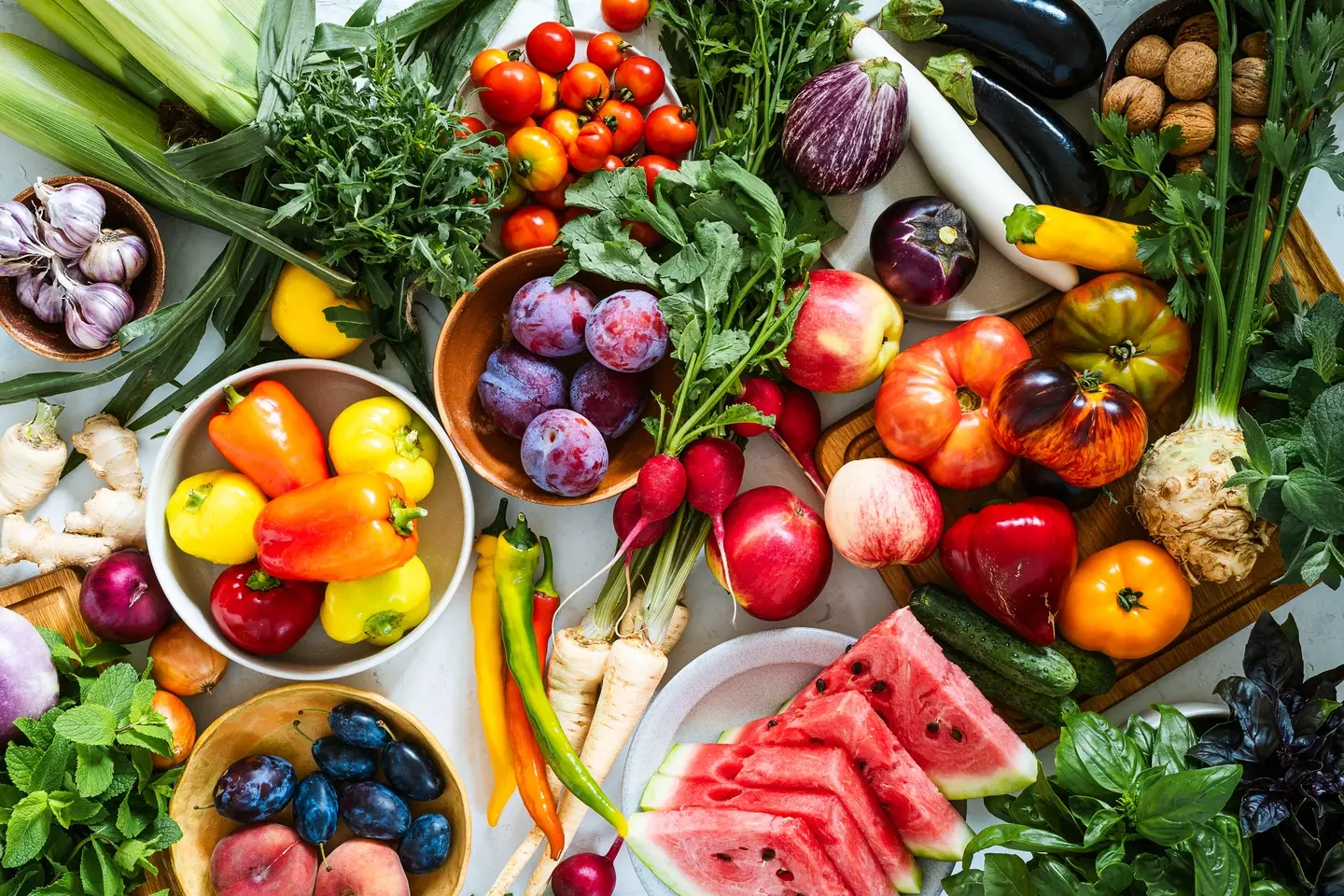
A fascinating identical twins study has revealed the major impact diet has on human brains when one ate healthy foods, and the other went for less balanced eating habits.
With how busy our lives can be, and with the Christmas season approaching, it can be pretty difficult to maintain a balanced diet.
But if you are able to achieve that, you're going to want to see progress.
Well, a recent study involving more than 1700 pairs of twins may be the best indicator as to how a balanced diet can impact mental health.
Advert

Researchers tracked the twins over a period of 11 years, looking at a variety of different factors including their fruit and vegetable intake, body weight, and overall health.
In summary, those working on the project found those who consumed less fresh food were more likely to suffer from mental health problems such as depression.
Lead author of the study, Dr Annabel Matison, said that while therapy and medication is often a good idea to help tackle depression, simply changing your diet and implementing more nutritional options could help lift your mood.
"The findings present another argument for increasing fruit and vegetable intake in adults over 45 years of age," Dr Matison said.
She added: "One of the advantages of the twin design is that it can help address the issue of unwanted factors, such as socioeconomic status early in life, influencing the result."

Mather went on to explain that twins were used in the study because they have near identical DNA.
Previously, identical twins revealed the major health difference after one went vegan and the other didn't.
Jevon and John Whittington were involved in a study done by Stanford Medicine which investigated the idea that a vegan diet improves cardiovascular health.
Jevon and John Whittington were both in impressive shape and cardiovascularly healthy before they began the study.
John, who went on the vegan diet, was able to lose significantly more visceral fat, while Jevon, who was given the omnivore diet to follow, had nearly identical body fat ahead of the study.
Once the study had been completed, Jevon said they 'cut back on meat and dairy', stating: "But it proved to us that we can continue to eat way we’re eating."
Topics: Health
